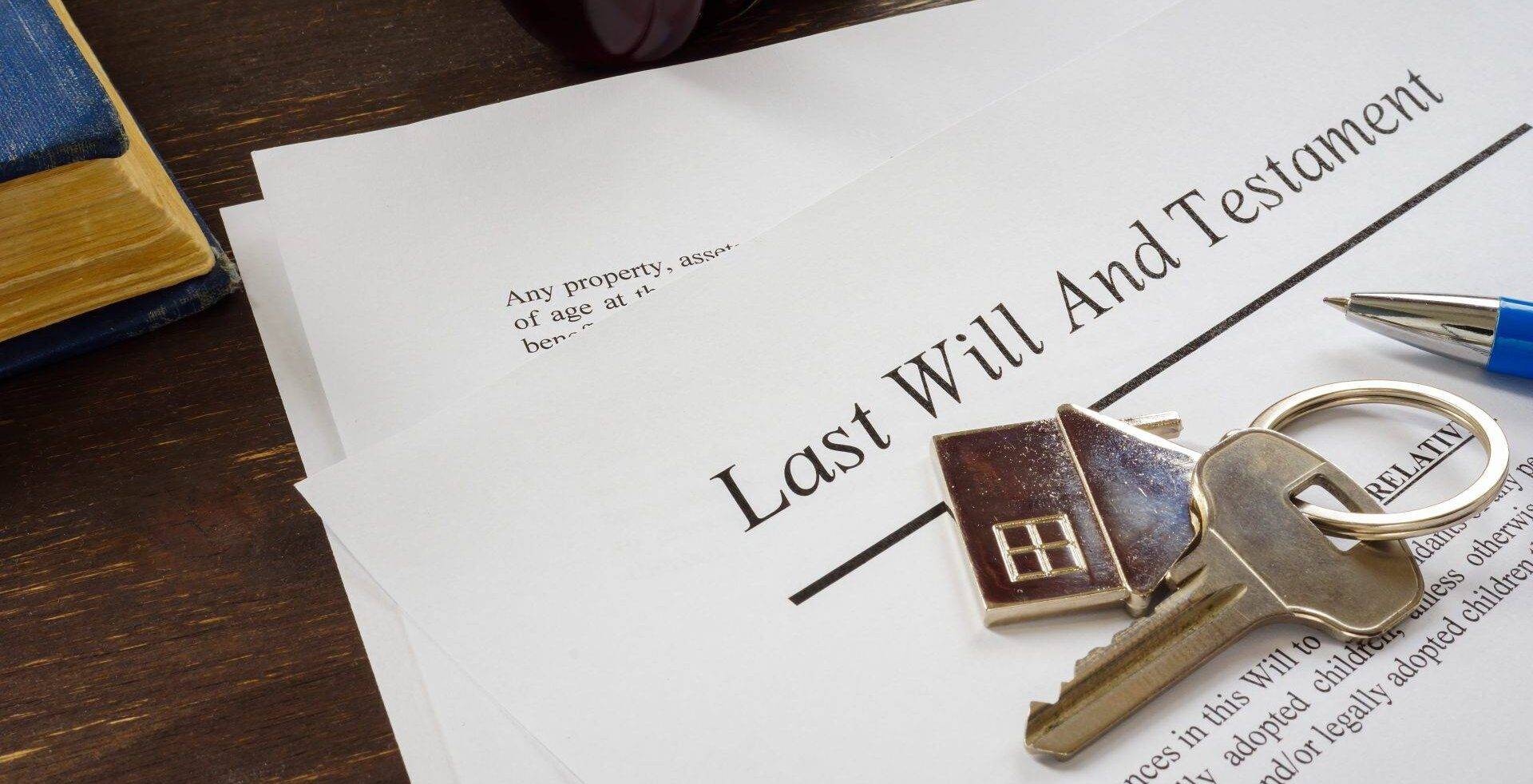As a general rule, solicitors and legal professionals have a duty of care to handle their client’s case with reasonable care and skill. A professional negligence claim can arise against your solicitor or legal professional if they breached that duty to you and that breach, has caused or has the potential to cause you a financial loss.
Negligently prepared Wills and Trusts
A professional who prepares a Will or Trust document owes a duty to their client to do so with reasonable care and skill. Examples of where that duty might be breached in relation to Wills and estates are:
- A Will that has significant delays in the preparation of the document, providing inaccurate advice in relation to the estate, or more commonly;
- If the Will is drafted badly or incorrectly and does not give rise to the client’s intended instructions.
Obligations of a solicitor when preparing a Will or Trust
Solicitors working in Wills and Trusts have the below obligations:
- To take reasonable care and skill when drafting a Will.
- Discuss the client’s requirements for their Will and draft it accurately and in a way that is effective to the client’s instructions. This should happen not just at the outset of the instruction, but throughout the engagement, i.e. if the testator gave additional instructions.
- To take steps to ensure that the client fully understands the nature and effect of the Will and that it fully reflects their wishes and intentions.
- To give competent and comprehensive advice to clients. If the solicitor/legal professional is made aware of certain information, for example, that the Will is made in contemplation of marriage, the solicitor/legal professional should provide relevant advice on that and the effect of marriage on that Will.
- To draft the Will within a reasonable time frame. Beneficiaries may bring claims where they have lost out on a benefit in a Will that was not executed in time before a testator’s death. There is no fixed rule as to what length of time amounts to a negligent delay but a case called Hooper v Fynmores [2001] 1487 confirmed that a period of 12 days was a negligent delay.
- There should not be unreasonable delays in the drafting of a Will, and in particular, a death-bed Will should be handled with urgency.
- To provide instructions on the execution of the Will.
- Whilst a solicitor/legal professional is not under an obligation to ensure that the Will is properly executed, they should provide their client with instructions on the execution to allow the client to ensure it is properly executed. The solicitor/legal professional should also check that the Will is properly executed when it is returned to them.
- To consider the client’s capacity or if there is any undue influence present.
Limitation
In professional negligence cases, the primary limitation period runs from six years from the date of the negligence. It is likely that period will run from the date of the negligent drafting of that Will.
However, often, it does not become obvious that there may have been negligence until after the testator’s death. In that instance, if the primary limitation period has expired, you may be able to rely on a secondary limitation period running three years from the date that you became aware of the negligence.
Who can bring the claim?
- The client who instructed the solicitor/legal professional to draft the Will can bring the claim if the defective Will has caused them a loss or potentially will cause them a loss;
- The spouse of the deceased may bring a claim if their mirror Will is defective which has caused them a loss; and
- A beneficiary of a Will can bring a claim if the Will was not properly drafted to reflect the testator’s wishes. The case of White v Jones [1995] confirms that the solicitor’s duty of care in making a Will also extends to the beneficiaries of that Will.
How can we help?
If you think you have a claim or require any advice, please get in touch with Daniel Brumpton (Partner) from our Dispute Resolution team or Helen Salisbury (Partner) from our Wills, Trusts, and Probate team on 0800 024 1976 or via our online enquiry form.
contact usIf this article relates to a specific case/cases, please note that the facts of this case/cases are correct at the time of writing.



